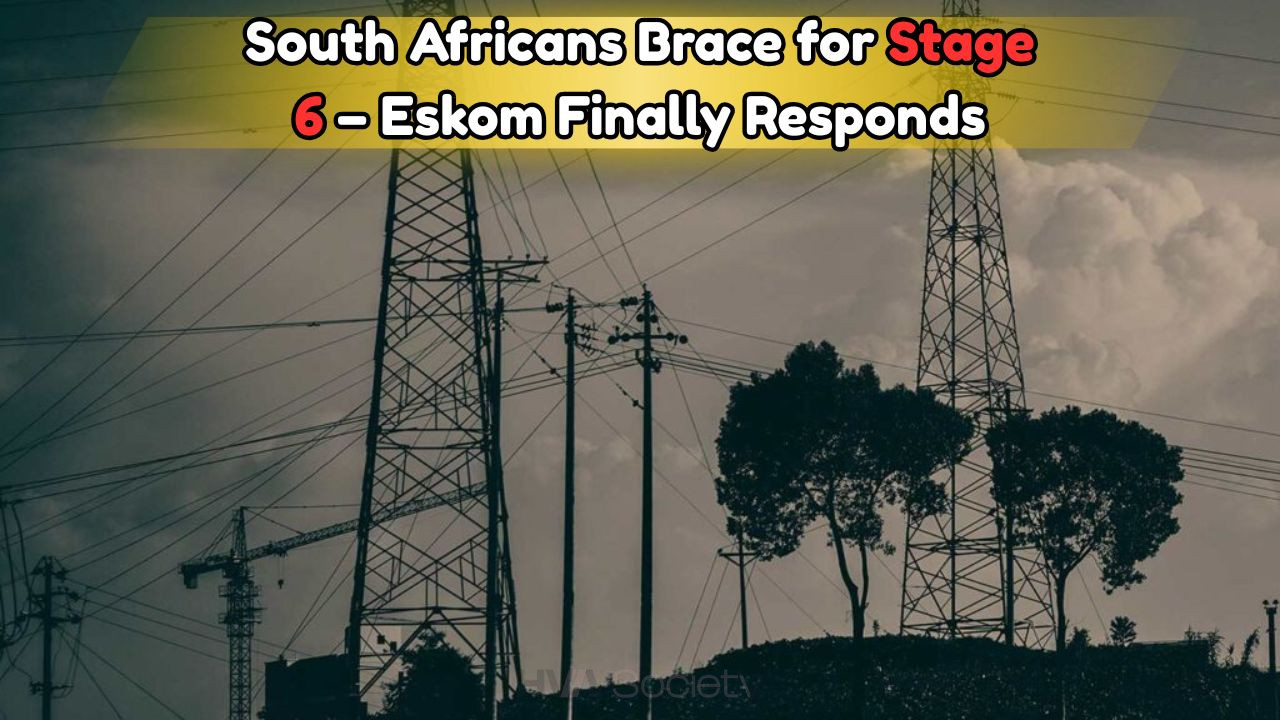BMW Smart Battery Program in August 2025: As August 2025 approaches, South Africans brace for the innovative introduction of BMW’s Smart Battery Program aimed at alleviating the national power crisis. With load shedding becoming a common interruption, BMW’s initiative offers a much-needed reprieve by integrating smart battery solutions to harness renewable energy efficiently. This program not only highlights BMW’s commitment to sustainability but also its dedication to supporting energy resilience in South Africa. As the nation faces frequent power outages, the adoption of cutting-edge technology is crucial for maintaining both industrial and residential energy needs without compromising on environmental goals.
Understanding the BMW Smart Battery Program’s Role
The BMW Smart Battery Program is a groundbreaking step towards addressing the persistent energy issues in South Africa. This initiative integrates advanced battery systems capable of storing surplus energy generated from renewable sources. By doing so, it aims to stabilize energy supply during peak demand periods. The program is designed to complement the existing energy infrastructure, offering a reliable backup that ensures consistent power availability. As South Africa continues to explore sustainable energy alternatives, BMW’s program emerges as a pivotal solution that not only supports electric vehicle adoption but also enhances the overall energy grid.
- Smart battery storage solutions
- Integration with renewable energy
- Support for electric vehicles
- Stabilizing energy supply
- Reducing dependency on fossil fuels
- Enhancing grid resilience
- Promoting sustainable practices
- Boosting energy independence
Impact of BMW’s Initiative on South African Energy Landscape
The implementation of BMW’s Smart Battery Program is expected to significantly influence the South African energy sector. By providing a dependable energy storage solution, it addresses one of the main challenges faced by renewable energy sources: intermittency. This program enables the storage of excess energy generated during off-peak times, which can then be utilized during high-demand periods, thus reducing strain on the national grid. Moreover, it encourages the adoption of electric vehicles by ensuring that charging infrastructure is supported by a stable energy supply. This move aligns with South Africa’s broader goals of reducing carbon emissions and promoting green technology.
| Feature | Benefit |
|---|---|
| Energy Storage | Reduces load shedding impact |
| Renewable Integration | Facilitates green energy use |
| Grid Support | Stabilizes power supply |
| EV Compatibility | Supports electric vehicle growth |
| Carbon Reduction | Decreases emissions |
| Innovation | Promotes technological advancement |
| Cost Efficiency | Lowers energy costs long-term |
| Energy Independence | Reduces reliance on imports |
Future Prospects of BMW’s Smart Battery Program
Looking ahead, the BMW Smart Battery Program holds immense potential for transforming South Africa’s energy landscape. As the program expands, it is expected to catalyze further innovations in energy storage technology and renewable energy integration. The focus will likely shift towards enhancing battery efficiency and capacity, thus providing even more robust solutions to the country’s power challenges. Additionally, partnerships with local governments and energy providers could facilitate a broader rollout, ensuring that the benefits of this technology are accessible to a wider population. The program’s success could also inspire similar initiatives across other sectors, further driving South Africa towards a sustainable future.
 SASSA Announces Early July–August Grant Payments and Bonus Payouts for Eligible Beneficiaries!
SASSA Announces Early July–August Grant Payments and Bonus Payouts for Eligible Beneficiaries!
- Expansion of battery technology
- Increased renewable energy use
- Collaboration with government
- Wider access to energy solutions
- Inspiration for other sectors
- Promotion of sustainable development
BMW’s Commitment to Sustainability
| Year | Target | Achievement | Impact |
|---|---|---|---|
| 2023 | Launch Pilot Program | Successful implementation | Improved energy resilience |
| 2024 | Expand Infrastructure | Established partnerships | Wider energy access |
| 2025 | Full-scale Rollout | Nationwide availability | Reduced power outages |
| 2026 | Enhance Battery Tech | Increased efficiency | Greater energy savings |
Key Benefits of BMW’s Smart Battery Program in South Africa
The BMW Smart Battery Program provides numerous advantages that are crucial for South Africa’s energy and environmental goals. Firstly, it reduces the impact of load shedding by offering a reliable energy storage solution. Secondly, it promotes the use of renewable energy, thus contributing to the reduction of carbon emissions. Thirdly, it supports the growth of electric vehicles by ensuring that there is a stable and efficient charging infrastructure. Additionally, this program aids in lowering long-term energy costs by decreasing dependency on fossil fuels and imported energy. These benefits not only enhance the country’s energy security but also support its commitment to sustainable development.
- Reliable energy storage
- Supports renewable energy
- Facilitates electric vehicle adoption
- Lowers energy costs
- Enhances energy security
Challenges and Implementation of BMW’s Smart Battery Program
While the BMW Smart Battery Program offers numerous benefits, it also faces several challenges in its implementation. One of the primary challenges is the initial cost of setting up the infrastructure required for large-scale deployment. Additionally, there is a need for skilled personnel to manage and maintain these advanced systems. Public awareness and acceptance of this new technology also play a crucial role in its success. Despite these challenges, BMW remains committed to overcoming these hurdles through strategic partnerships and investments in local talent development. By doing so, the company aims to ensure that the program not only addresses current energy issues but also contributes to long-term sustainability goals.
| Challenge | Solution | Impact | Outcome | Future Plan |
|---|---|---|---|---|
| High Costs | Strategic investments | Reduced financial barriers | Wider implementation | Cost optimization |
| Skilled Workforce | Training programs | Increased expertise | Efficient operations | Talent development |
| Public Awareness | Awareness campaigns | Greater acceptance | Higher adoption rates | Community engagement |
| Infrastructure | Partnerships | Enhanced capabilities | Robust support systems | Infrastructure expansion |
| Technology Advancement | R&D investments | Innovative solutions | Improved efficiency | Continuous innovation |
What Sets BMW’s Smart Battery Program Apart?
BMW’s Smart Battery Program stands out due to its comprehensive approach to addressing energy challenges. Unlike traditional solutions, this program not only focuses on energy storage but also emphasizes the integration of renewable sources and the promotion of electric mobility. Its commitment to sustainability is evident through its efforts to reduce carbon emissions and support the country’s transition to green energy. Additionally, the program’s adaptability allows it to be tailored to various settings, making it a versatile solution for diverse energy needs. By prioritizing innovation and collaboration, BMW sets a new standard for energy initiatives in South Africa.
- Comprehensive energy solution
- Focus on renewables
- Supports electric mobility
- Adaptable to diverse needs
FAQ Section
What is the main goal of BMW’s Smart Battery Program?
The primary goal is to alleviate South Africa’s power crisis by providing reliable energy storage solutions integrated with renewable energy sources.
How does the program support electric vehicles?
It ensures a stable and efficient charging infrastructure, promoting the adoption of electric vehicles.
What challenges does the program face?
Challenges include high initial costs, the need for skilled personnel, and public awareness.
How does the program benefit the environment?
It contributes to reducing carbon emissions by promoting renewable energy usage and decreasing reliance on fossil fuels.
Is the program adaptable to different settings?
Yes, the program is designed to be versatile and can be tailored to various energy needs and environments.








